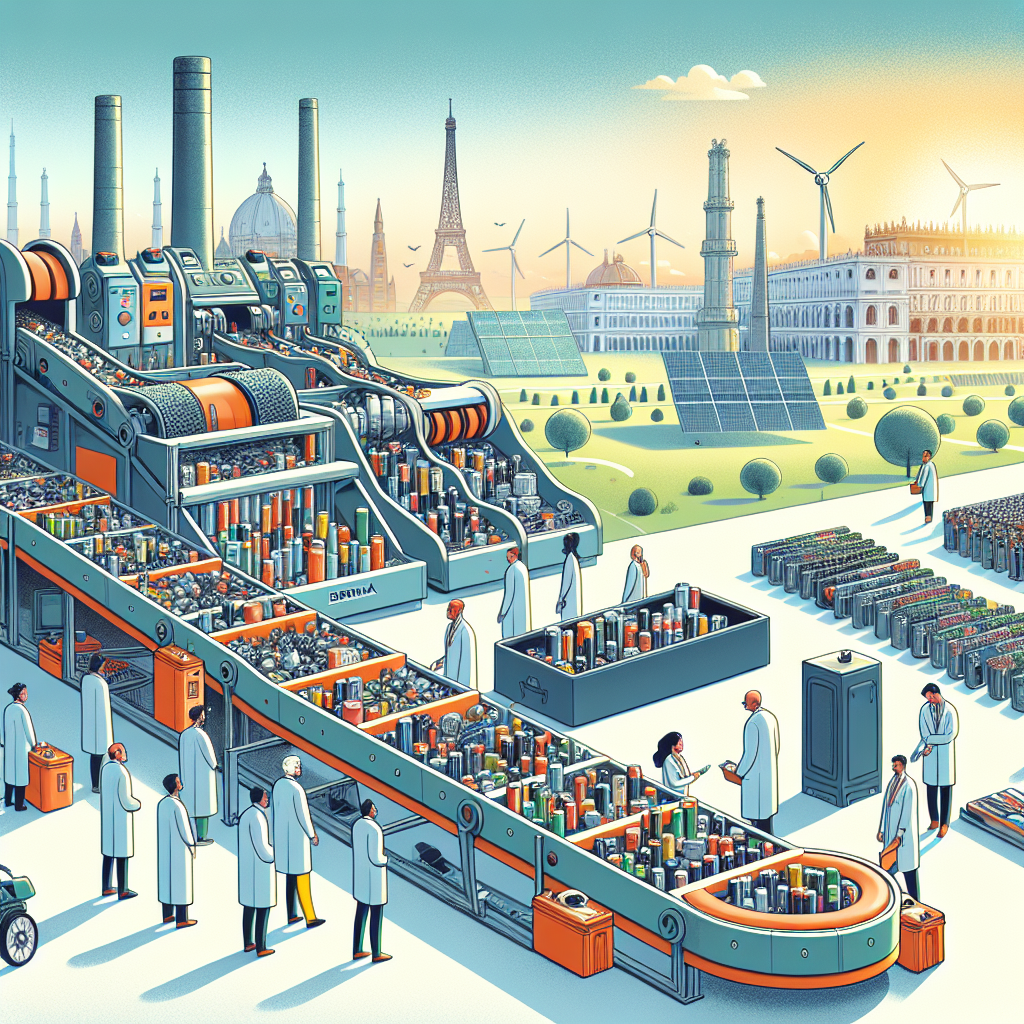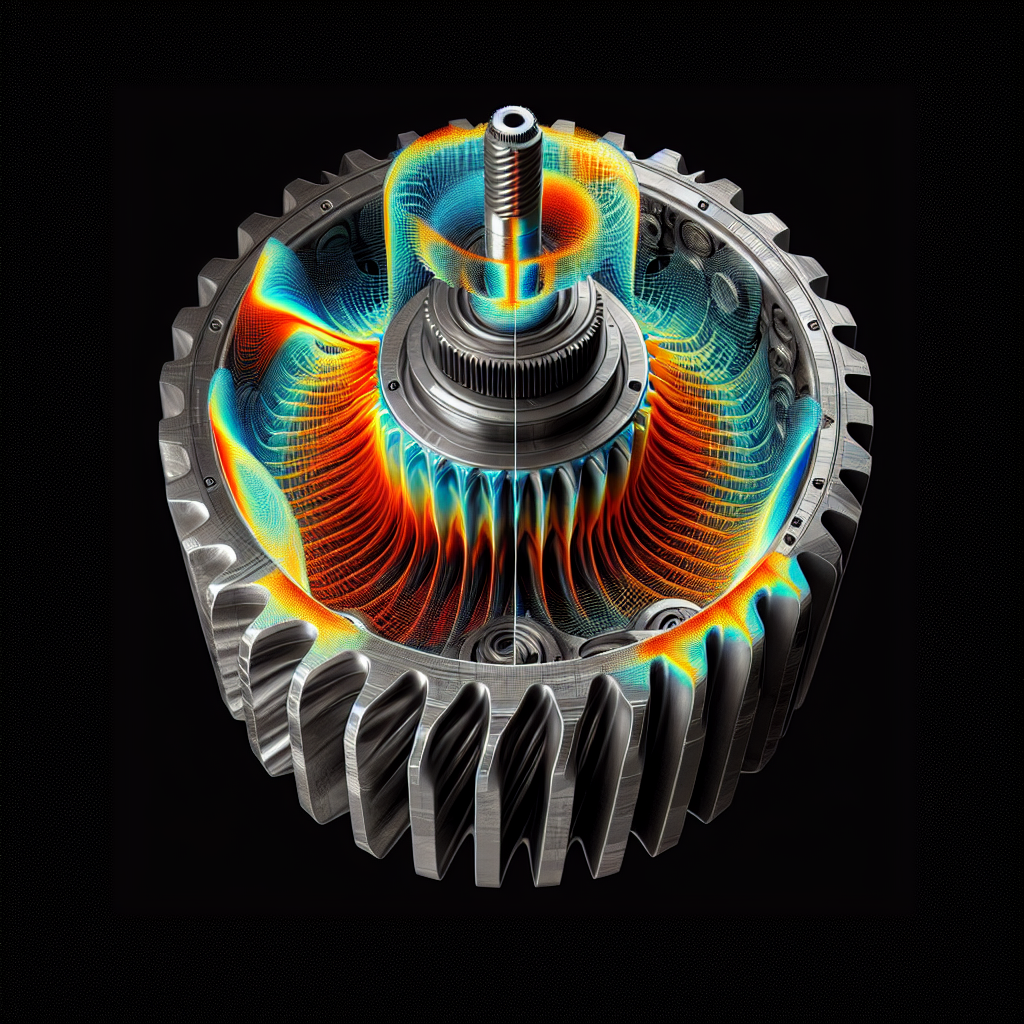As the European Union aims to enhance its sustainability practices while asserting independence in its raw material supply, a significant stride has been made through the BATRAW project, an EU-funded initiative focusing on the recycling of batteries. This ambitious project seeks to establish consistent methodologies and technologies for the recovery of precious raw materials from spent batteries, tapping into the EU’s goal to secure a greener and more resilient economy.
Reported by the Innovation News Network in their article titled “BATRAW project: building Europe’s battery recycling future,” the BATRAW project is a collaborative effort involving multiple European countries and entities. The initiative is critical as the demand for batteries is skyrocketing, primarily driven by the electric vehicle sector and the growing emphasis on renewable energy storage solutions.
The BATRAW project stands out because it responds to the European Commission’s updated Battery Directive, which mandates a higher recovery rate of materials and promotes a more sustainable lifecycle for battery products. In Europe, where the inclination towards reducing environmental footprints aligns with broader policy goals, the project holds particular strategic importance. It not only bolsters the EU’s environmental commitments but also contributes significantly to its autonomy in critical raw materials, traditionally dominated by non-European countries.
One of the primary challenges in battery recycling has been the efficient and cost-effective extraction of valuable materials like lithium, cobalt, and nickel. These materials are essential for manufacturing new batteries but are limited and predominantly sourced from geopolitically sensitive regions. By developing state-of-the-art recycling technologies, the BATRAW project aims to mitigate these challenges, ensuring a more stable supply chain for these critical components.
Moreover, the project’s implications extend beyond economic and environmental realms into the social sphere. Job creation in the recycling and material processing industries could see a significant boost, with skilled positions emerging in alignment with the circular economy’s needs. This aligns well with the EU’s broader economic strategies, which increasingly emphasize sustainable growth and job creation within green industries.
Indeed, the recycling process itself is poised for transformation under the BATRAW project. Innovations in sorting and processing technologies could lead to more streamlined operations that not only recover more materials at a higher purity but also do so in a manner that significantly reduces the ecological footprint of the entire recycling process. This would be a critical advancement, considering the growing scrutiny over the environmental impacts of resource extraction and material disposal.
In essence, the BATRAW project encapsulates the EU’s dual objectives of ecological sustainability and economic resilience. By pushing the frontiers of battery recycling technology, the project not only promotes environmental stewardship but also enhances Europe’s strategic autonomy in essential raw materials. As Europe positions itself at the forefront of global sustainability practices, initiatives like BATRAW not only respond to immediate environmental and economic needs but also set a path for future technological and policy directions in the ever-evolving landscape of global materials management.



